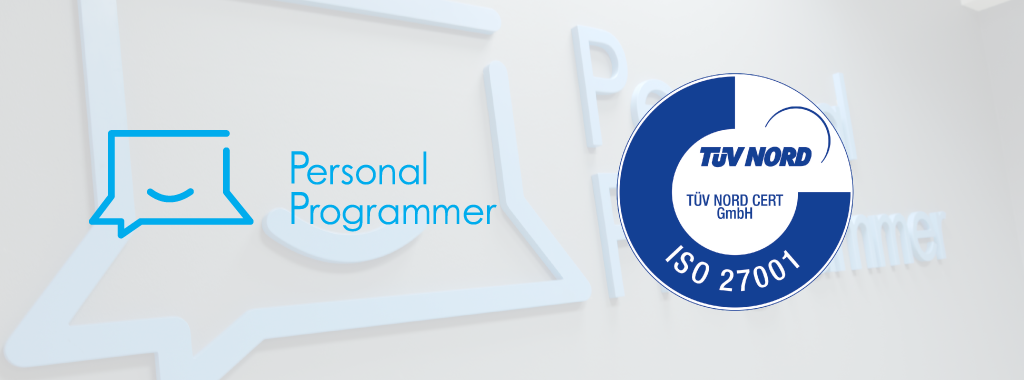In today's digital age, software developers are the backbone of technological innovation. As the demand…

Remote Java Developer: Ultimate Guide
Remote work has become more prevalent than ever before. Hiring remote developers, especially Java developers, can offer numerous benefits to companies seeking top talent while leveraging flexibility and cost-effectiveness. However, it’s crucial for organizations to understand the unique considerations and strategies involved in hiring remote Java developers. In this guide, we will explore key factors to consider and provide valuable insights to help you successfully hire and manage remote Java developers.
- Define Your Requirements: It may sound obvious, but before initiating the hiring process, clearly define the profile with requirements and the skill set you expect from a remote Java developer. Outline the specific programming languages, frameworks, tools, and technologies they should be proficient in. But more importantly: what level of experience should the remote Java developer have? Are they going to be leading a development team, or will they be working under a manager?
- Evaluate Technical Skills: To find the most suitable remote Java developer, assess their technical proficiency thoroughly. Conduct comprehensive technical interviews that focus on core Java concepts, object-oriented programming, algorithms, data structures, and relevant frameworks (such as Spring or Hibernate). Additionally, consider practical coding assessments or ask for sample projects or open-source contributions to evaluate their coding abilities. Make sure you use the same method of assessment as you use for hiring Java developers in your own country.
- Communication and Collaboration Skills: Remote work demands strong communication and collaboration skills. Java developers need to effectively communicate project requirements, provide progress updates, and actively participate in team discussions. Look for candidates with excellent written and verbal communication skills, who are proactive and self-driven, and can work independently while still being an integral part of the team.
- Remote Work Experience: Prior experience working remotely can significantly enhance a candidate’s chances of success in a remote role. Evaluate candidates who have previously worked remotely or in distributed teams, as they are likely to be familiar with the challenges and have developed the necessary discipline and time management skills to excel in a remote environment. Past remote work experience also indicates their ability to adapt and thrive in different work settings.
- Time Zone Compatibility: Consider the time zone differences between your organization and potential remote developers. Determine whether overlapping working hours are necessary for effective collaboration and communication. While working across time zones can provide flexibility, ensure there is a reasonable window of time for team meetings, coordination, and resolving any urgent issues that may arise.
- Infrastructure and Tools: Remote work requires reliable infrastructure and collaboration tools. Ensure that your remote Java developers have access to a stable internet connection and appropriate hardware to perform their tasks efficiently. Additionally, invest in collaborative tools such as project management software, version control systems, video conferencing platforms, and communication channels to facilitate seamless communication and coordination.
- Security and Data Protection: When hiring remote Java developers, data security is of utmost importance. Take necessary precautions to safeguard your company’s sensitive information and intellectual property. Implement robust security measures, such as secure VPN connections, encryption, access controls, and non-disclosure agreements (NDAs) to protect your assets and maintain confidentiality.
- Performance Evaluation and Management: Establish a performance evaluation system tailored to remote work. Set clear expectations, define measurable goals, and regularly communicate with your remote Java developers to track their progress. Utilize project management tools to monitor productivity, manage tasks, and provide feedback. Regular video conferences and team meetings help foster a sense of camaraderie and promote effective collaboration.
- Building a Strong Company Culture: Even in a remote setup, it’s essential to cultivate a strong company culture. Organize virtual team-building activities, knowledge-sharing sessions, and periodic meetups to foster a sense of belonging and strengthen team dynamics. Encourage open communication, recognition of achievements, and provide opportunities for professional growth and development.
Hiring remote Java developers offers numerous advantages for companies seeking skilled professionals while embracing the flexibility of remote work. By considering the key factors mentioned in this guide, such as defining requirements, evaluating technical skills, emphasizing communication and collaboration, and implementing effective management practices, you can successfully navigate the process of hiring and integrating remote Java developers into your team. Embrace the possibilities offered by remote work and leverage the power of Java development for your organization’s growth and success.
Personal Programmer is an outsourcing company stationed in Macedonia, who helps international companies get the most out of their outsourcing ventures. We help and advise on all of the above points, making sure that your outsourcing adventure will be nothing but a big success.
For more information about the way we work please visit: What We Do
For everything about IT Outsourcing read: IT Outsourcing: A Complete Guide


